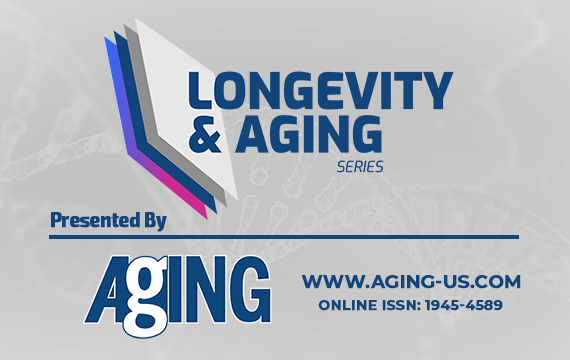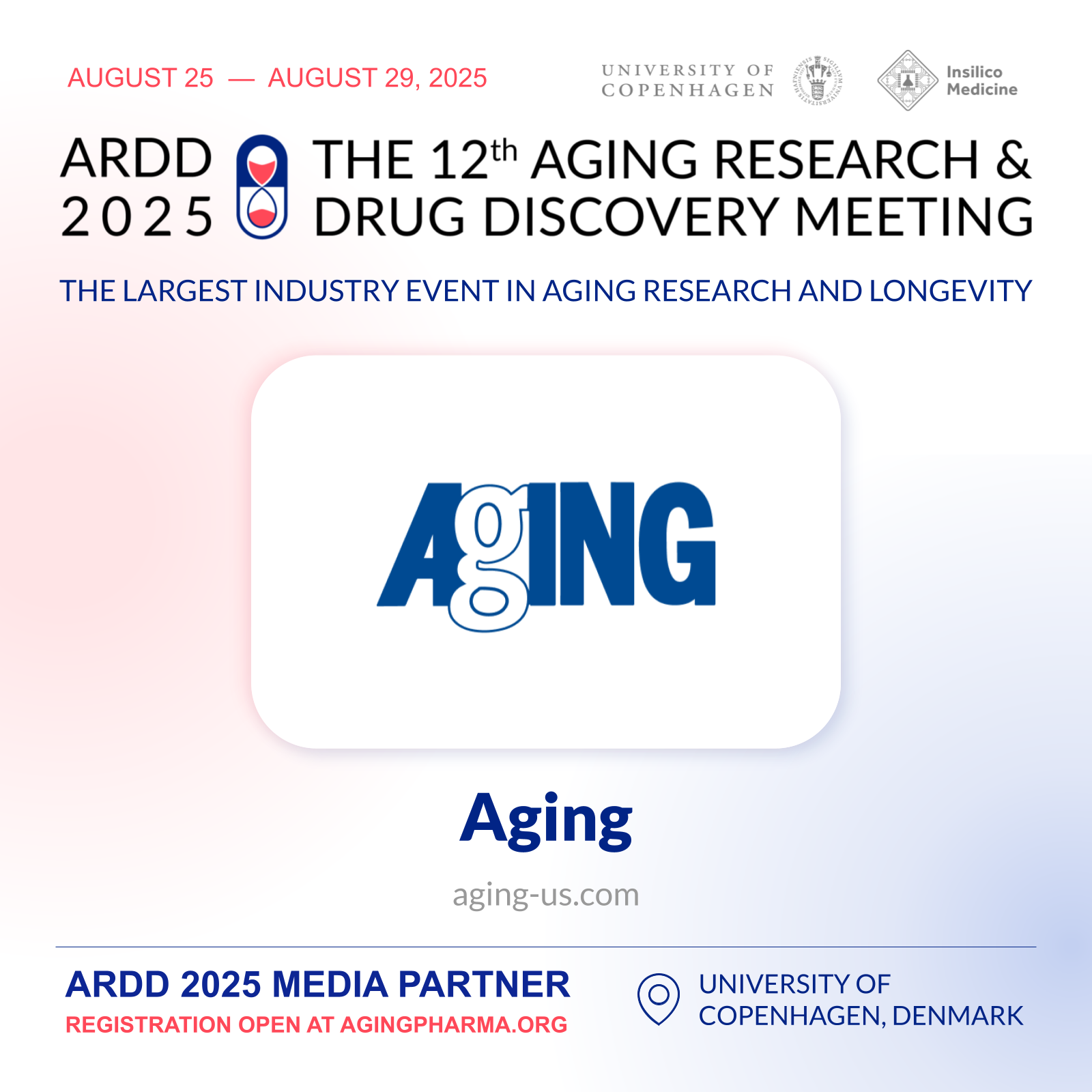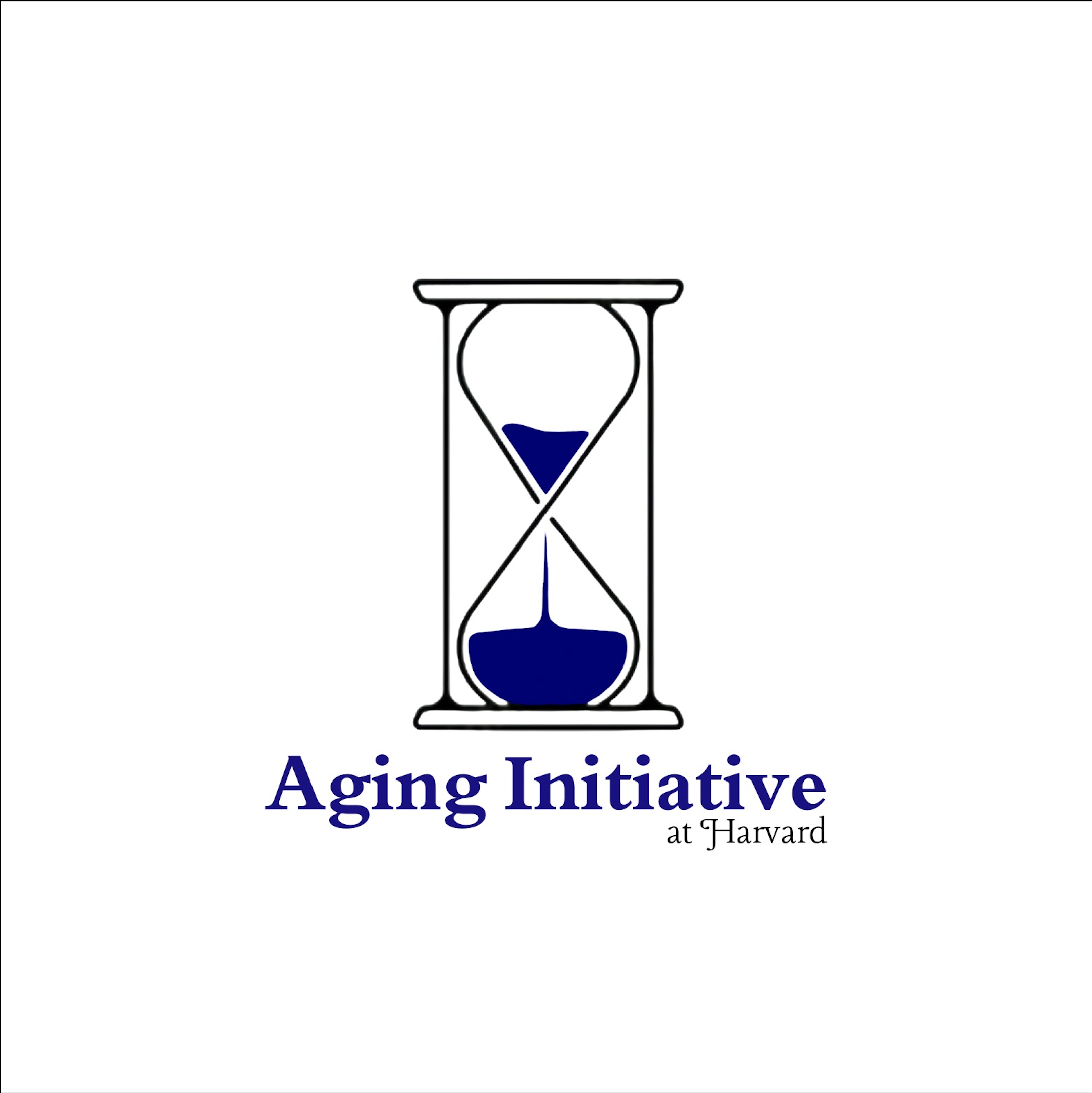Research Paper Volume 16, Issue 21 pp 13271—13287
Supplementation with nicotinamide limits accelerated aging in affected individuals with cockayne syndrome and restores antioxidant defenses
- 1 Laboratory of Biomedical Genomics and Oncogenetics, LR16IPT05, Institut Pasteur de Tunis, Université Tunis El Manar, El Manar I, Tunis 1002, Tunisia
- 2 Department of Neuropediatrics, National Institute of Neurology Mongi Ben Hamida, Tunis 2092, Tunisia
- 3 Orthopedics Department, Béchir Hamza Children’s Hospital, Tunis 2092, Tunisia
- 4 Orthopedic and Trauma Surgery Department, Mongi Slim Hospital, La Marsa 2046, Tunisia
Received: March 11, 2024 Accepted: October 21, 2024 Published: November 26, 2024
https://doi.org/10.18632/aging.206160How to Cite
Copyright: © 2024 Chikhaoui et al. This is an open access article distributed under the terms of the Creative Commons Attribution License (CC BY 4.0), which permits unrestricted use, distribution, and reproduction in any medium, provided the original author and source are credited.
Abstract
Cockayne syndrome (CS) is a segmental progeroid syndrome characterized by defects in the DNA excision repair pathway, predisposing to neurodegenerative manifestations. It is a rare genetic disorder and an interesting model for studying premature aging. Oxidative stress and autophagy play an important role in the aging process. The study of these two processes in a model of accelerated aging and the means to counteract them would lead to the identification of relevant biomarkers with therapeutic value for healthy aging.
Here we investigated the gene expression profiles of several oxidative stress–related transcripts derived from CS-affected individuals and healthy elderly donors. We also explored the effect of nicotinamide supplementation on several genes related to inflammation and autophagy.
Gene expression analysis revealed alterations in two main pathways. This involves the activation of arachidonic acid metabolism and the repression of the NRF2 pathway in affected individuals with CS. The supplementation with nicotinamide adjusted these abnormalities by enhancing autophagy and decreasing inflammation. Furthermore, CSA/CSB-dependent depletion of the mitochondrial DNA polymerase-γ catalytic subunit (POLG1) was restored following nicotinamide supplementation in CS-affected individuals’ fibroblasts.
This study reveals the link between oxidative stress and accelerated aging in affected individuals with CS and highlights new biomarkers of cellular senescence. However, further analyses are needed to confirm these results, which could not be carried out, mainly due to the unavailability of crucial samples of this rare disease.



